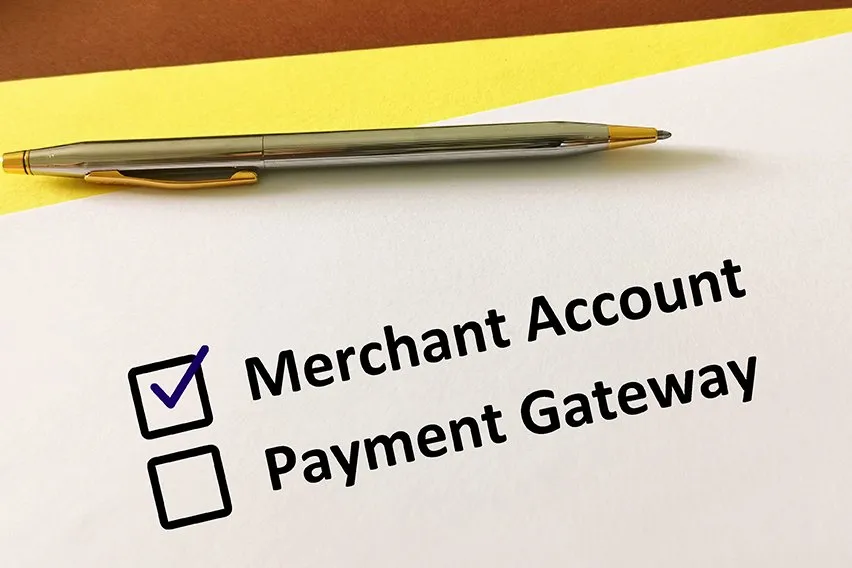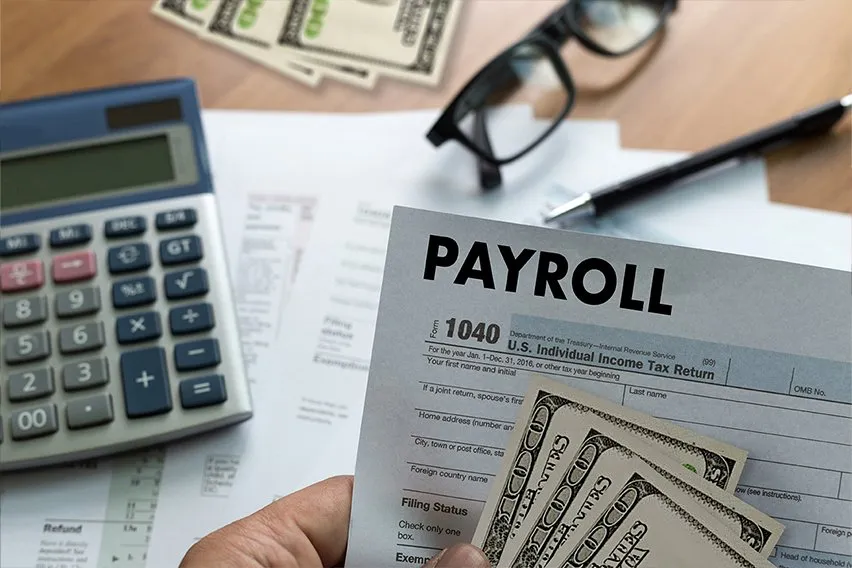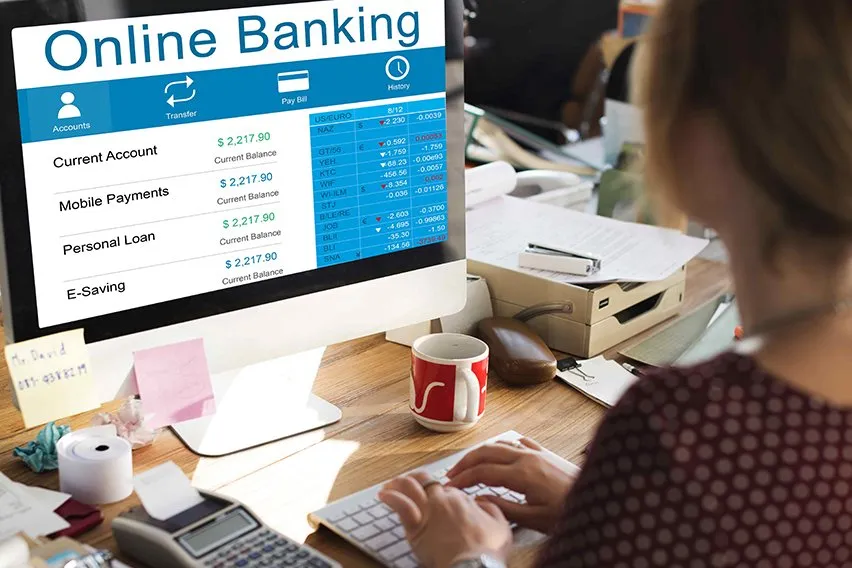Merchant Account vs Payment Gateway: What’s the Difference

Merchant accounts and payment gateways are two interrelated business tools that have different purposes. These two tools are related to accepting credit card payments, and you’ll need a thorough understanding of both in order to keep the payment process simple and efficient for both you and your clients.
A payment gateway acts as the user interface for your clients to securely enter their credit card data, while your merchant account is the tool you use to actually receive the funds using that information.
In this guide, we’ll explain what the differences between merchant accounts and payment gateways are, helping you understand their importance for your business. Let’s take a look.
Key Takeaways
- Merchant accounts and payment gateways are 2 essential parts of the process for accepting electronic payments.
- Payment gateways act as the interface for the client to input their payment information, securely storing and transmitting this information to the merchant account.
- The merchant account acts as a temporary holding place for customer money, eventually transferring the funds to your business bank account.
- When choosing a payment gateway and merchant account, you should consider the fees associated with each, and also ensure they offer good fraud protection.
- Payment software can make it easier to accept online credit and debit card payments from your clients.
Table of Contents
- What Is a Merchant Account?
- What Is a Payment Gateway?
- Merchant Account Benefits
- Payment Gateway Benefits
- Payment Gateway vs. Merchant Account
- How Do Merchant Accounts and Payment Gateways Work Together?
- How Do You Choose a Merchant Account?
- How Do You Choose a Payment Gateway Provider?
- Use FreshBooks Payments to Boost Your Cash Flow
- Frequently Asked Questions
What Is a Merchant Account?
A merchant account is a unique type of bank account that allows businesses to accept transactions without using cash—typically, it’s used to take credit or debit card payments.
Your merchant account is used to process and settle these electronic payments. It’s different from a business bank account, which is used to handle your other daily banking needs, such as deposits and withdrawals.
Essentially, your merchant account authorizes transactions on your behalf, capturing funds from your consumer, holding them in your merchant account for a short time, and finally transferring them to your regular bank account.
What Is a Payment Gateway?
A payment gateway is like a bridge. It connects your clients’s bank, or another payment method, to your merchant account.
The gateway allows funds to move into the merchant account. This will happen once a client’s details are verified, and the transaction cleared.
It might help to think of this as putting your card into a card machine in a store.
It’s the first point at which you are giving your account information over to a third party.
Some examples of payment gateway providers are PayPal, Stripe, and WorldPay.
Merchant Account Benefits
The benefits of using a merchant account include:
- Grouping each day’s transactions and sending them to your bank account in a single deposit
- Acting as a ‘money pot’ where some funds are held in order to reduce uncertainty surrounding transactions, allowing you to quickly process refunds if needed
- Acts as a check for fraud before funds reach your regular business bank account, potentially saving you money on fees for large transactions
Payment Gateway Benefits
A payment gateway has a number of uses and benefits, including:
- Offering a secure place for clients to enter their card information, which is encrypted to protect them from fraudulent transactions
- Routes information to your payment processor and/or merchant account automatically, allowing you to double-check all information before depositing to your bank account
- Gives the merchant a chance to resolve issues with payment information, allowing them to accept or decline payment as needed
Payment Gateway vs. Merchant Account
Your merchant account and payment gateway are separate tools that work together to allow you to accept electronic payments. In other words, they’re two steps of the same process.
A payment gateway is a go-between for the client and merchant. It’s a secure platform that allows the client to enter their card details, then automatically authorizes the transaction. The payment data is then encrypted and sent to the business’ merchant account.
Your merchant account is a special kind of bank account that’s designed to receive encrypted payment information from your payment gateway. It processes the transaction and settles the funds. When this is done, the funds collected from your client can be transferred to your normal business banking account.
How Do Merchant Accounts and Payment Gateways Work Together?
Let’s break down the steps of processing an electronic payment using these 2 tools:
- Your client makes a purchase with their credit card via your website or point-of-sale system
- Your payment gateway collects the card information (e.g., card number, expiry date, CVV)
- The payment gateway encrypts the information
- The encrypted card and transaction information are transmitted to the client’s bank to be verified
- If the bank approves the transaction, it sends a response to the payment processor
- The payment gateway sends the information to your merchant account to be processed
- Your merchant account verifies and processes the transaction, transferring the funds to your regular bank account
- The payment gateway provides the client with confirmation that the purchase was successful
- The funds are settled into your business account by your merchant account
How Do You Choose a Merchant Account?
When looking for a merchant account provider, you’ll need to consider the price. If you run a smaller business, research aggregate merchant accounts and payment service providers (PSPs). These tend to offer lower costs and will work well for businesses with a lower volume of daily transactions.
For larger businesses, it might make more sense to open a dedicated merchant account, which is more suitable for higher transaction volumes, but also has higher fees.
You also need to research the processing fees and chargeback fees of each merchant account provider. There may also be extra fees such as conversion rates that you need to be aware of. Also, be sure to choose a provider with anti-fraud measures to protect your clients.
How Do You Choose a Payment Gateway Provider?
As with a merchant account, the best payment gateway provider will depend on the type of business you run.
When researching payment gateway providers, there are some questions to ask. These will help you decide if it is the right one for your needs. Find out how many payment methods potential providers offer—clients might want the option to pay with an eWallet, mobile payment, or direct debit in addition to credit and debit cards.
You should also look for a gateway with good fraud protection to ensure your client’s information (and your business’ reputation) is well-protected.
Use FreshBooks Payments to Boost Your Cash Flow
With a better understanding of merchant accounts, payment gateways, and the ways these tools work together, you can start accepting secure, online payments from clients with confidence. Think of them as two parts of the same process, helping you to collect, transfer, and settle funds efficiently.
If you’re looking for a fast, easy, and user-friendly way to accept online payments, consider FreshBooks Payments powered by Stripe. This platform makes it easier for your clients to pay online, helping you get paid up to two times faster than with manual, offline payments. FreshBooks Payments offers a quick, simple platform that allows your customers to pay your invoice in just a few clicks. It integrates seamlessly with FreshBooks accounting software, offers multiple easy payment methods for your customers, saves card information for even faster future billing, and offers top-of-the-line security and fraud protection for every transaction. All of this makes billing easier, faster, and more intuitive, boosting cash flow for your business. Try FreshBooks for free today!
FAQs About Merchant Account vs Payment Gateway
Still curious about merchant accounts versus payment gateways? Here’s everything you need to know.
Do I need a payment gateway and merchant account?
If you plan to accept online payments, then yes, you will need both a payment gateway and a merchant account. This payment process allows you to securely capture card information, verify transactions, collect funds, and transfer them to your regular bank account.
Can I accept payments without a merchant account?
Yes, it’s possible to accept electronic payments without having a merchant account using e-commerce solutions like PayPal or Stripe. These can make electronic payment processing more accessible for businesses.
What is the difference between merchant acquiring and payment gateway?
A merchant acquirer acts as the facilitator between businesses and issuing banks, authorizing and settling transactions. A payment gateway, on the other hand, is a payment processor tool designed to collect and securely store and send client payment information.
What is the difference between a merchant of record and a payment gateway?
A merchant of record (MoR) is designed to take on the entire process of a customer order (including taking on liability). A payment gateway, on the other hand, is designed to handle just the transaction part of payment processing and must be used with a merchant account.
Why do merchants use payment gateways?
Merchants use payment gateways in order to provide a smooth, secure, and efficient payment process to their clients, ensuring transactions are safe for their clients.
Reviewed by
Sandra Habiger is a Chartered Professional Accountant with a Bachelor’s Degree in Business Administration from the University of Washington. Sandra’s areas of focus include advising real estate agents, brokers, and investors. She supports small businesses in growing to their first six figures and beyond. Alongside her accounting practice, Sandra is a Money and Life Coach for women in business.
RELATED ARTICLES




 Human Resource Budgeting (HR) Planning: Key Components
Human Resource Budgeting (HR) Planning: Key Components What is a Virtual CFO & How to Become One?
What is a Virtual CFO & How to Become One? What Is an Employer Account Number or EIN
What Is an Employer Account Number or EIN What is a Cost Sheet? Definition, Components & Examples
What is a Cost Sheet? Definition, Components & Examples 6 Best Online Bookkeeping Services for Small Businesses in 2025
6 Best Online Bookkeeping Services for Small Businesses in 2025 How to Set Up Direct Deposit for Employees
How to Set Up Direct Deposit for Employees